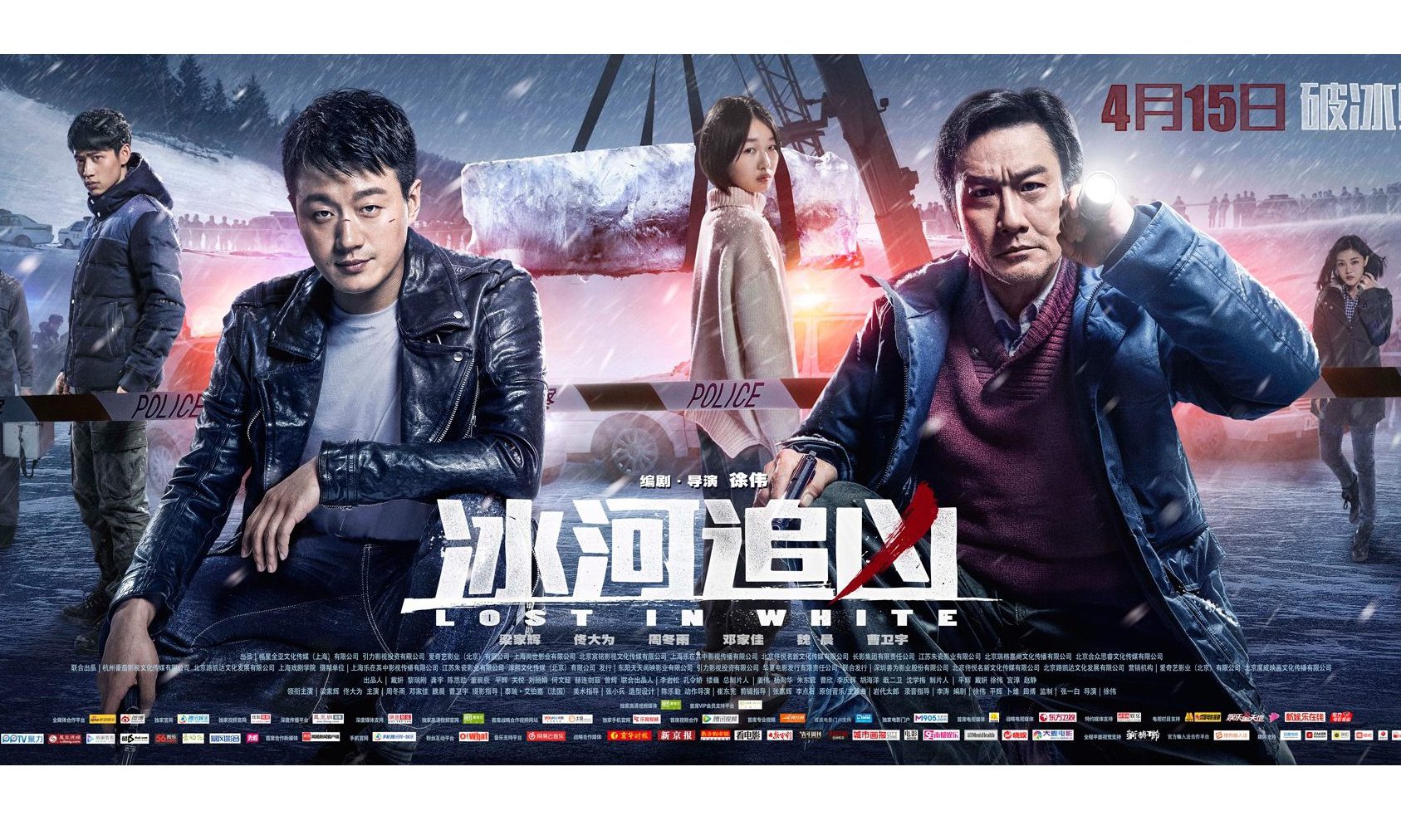Written by Hazel Lam. Edited by Matthew Yuching and Denise Joaquin.
In Northeast China, where the land is covered with snow, two deaths occur beneath the ice-frozen lake. Both corpses have marks of being dragged under by an ice hook but are made unrecognizable by carnivorous fish. Lead investigator Captain Zhou (Tony Leung Ka-Fai) makes it his priority to find out what really happened and who instigated the murders, even if it means cutting his time short with his estranged daughter (Zhou Dongyu) with whom he should have been spending the last few days with. Meanwhile in Shanghai, young detective Wang Hai (Tong Dawei) works on a missing person case that leads him to the same small village where the dead bodies were found. The two investigators eventually cross paths in order to search for the culprit behind it all, but the deeper they dig into the investigation, they find a much more complicated truth they never anticipated. What do the victims have in common to die from the same cause? Who could’ve had the vendetta to carry it out?
冰河追凶 Lost In White (2016), a crime-thriller action film directed by Xu Wei, stands out since it’s uncommon for a Chinese director and crew to take on a production of this kind. Despite this, it’s able to pull off a classic film with all the elements of a criminal thriller that’s by the book and encapsulates all the tropes it has to offer. It incorporates an atmospheric orchestra and instrumentals fit for the barren white scenery perfectly shot for the murder sights and the city-scape chase scenes. The plot also gets interesting as the movie progresses. Spread throughout are scenes that surprise the audience by the sudden turns and unexpected twists and a shocking revelation by the end of it, capturing the core of the mystery thrillers. The film wraps up the mystery efficiently and presents the audience with all other factors complimenting the storyline and viewing experience.
Although the scale of the production is commendable, it comes up short in comparison to the Hong Kong-developed thriller and action films that have been produced over the years such as: 英雄本色 A Better Tomorrow (1986) crime, having profound influence on the direction that the Hong Kong film industry takes in terms of a heroic bloodshed type of genre; 神探 Mad Detective (2007) thriller, introducing an unorthodox police personality as the protagonist with the capability to see through to one’s “inner personality”; and 警察故事 Police Story (1985) action, setting the standards for how stunt choreography should play out, along with receiving praise for the incredible stunts pulled off by the actors, such as Jackie Chan in his breakthrough action film.
Nonetheless, the film itself gives enough satisfaction to an audience with its solid foundation as a thriller film. The only thing that it falls short of is offering something new or challenging the traditional structures of action thriller films as the Hong Kong productions have succeeded in their own productions.
Lost In White was released on April 15, 2016 in China. This will also be shown in this year’s Spring Film Festival from January 30 until February 5, 2019 at the Shangri-La Plaza.
Photo header retrieved from Gold Poster.




